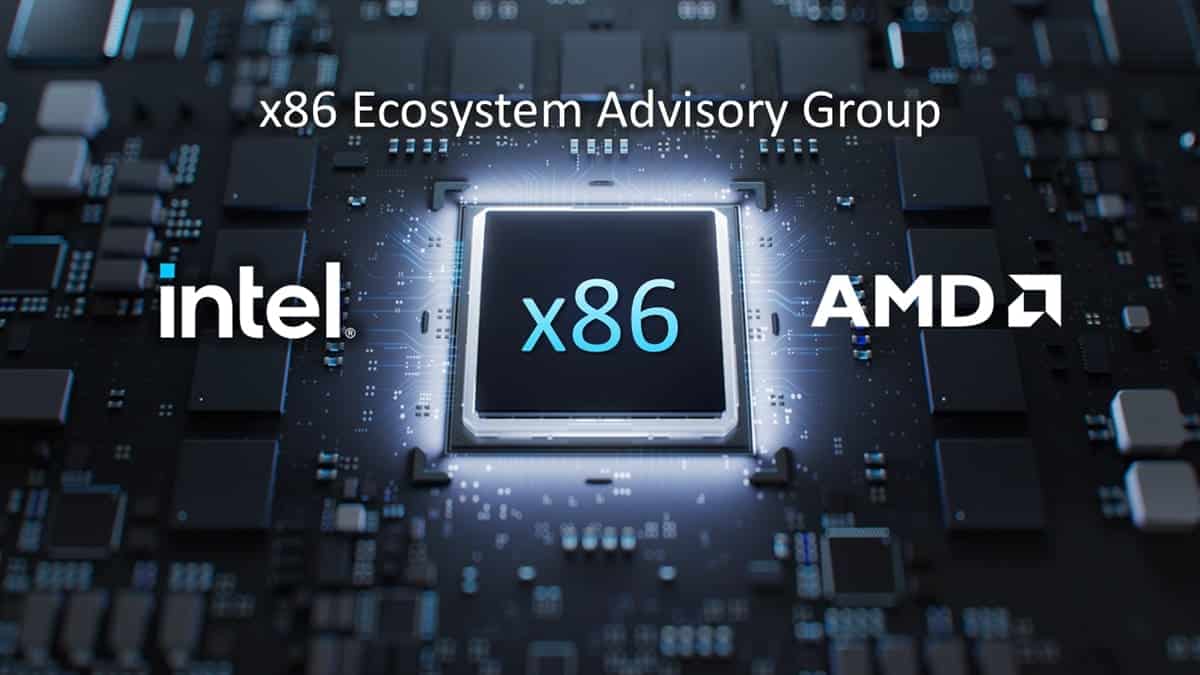AMD and Intel have celebrated the first anniversary of the x86 Ecosystem Advisory Group (EAG), the collaborative initiative launched in October 2024 to strengthen the future of x86 computing through collaborative decision-making, standardized features, and . Their message: more compatibility, predictability, and consistency across products with x86 processors, from supercomputers to portable consoles.
In its first year, the EAG states it has aligned architectural and technical priorities and achieved four key standardization milestones:
- FRED (Flexible Return and Event Delivery): a new modernized interrupt model designed to reduce latency and improve system software reliability.
- AVX10: the next generation of vector and general-purpose instruction extensions, which boost throughput and ensure portability across consumer CPUs, workstations, and servers.
- ChkTag (x86 Memory Tagging): a unified memory tagging specification to combat long-standing security vulnerabilities (buffer overflows, use-after-free). It adds hardware instructions to detect violations and protect applications, OS, hypervisors, and firmware. With compilers and tooling, it promises granular control without performance penalties. Important: software with ChkTag maintains compatibility on CPUs without hardware support, easing deployment and complementing shadow stacks and confidential computing. The full specification will be released later this year.
- ACE (Advanced Matrix Extensions): standardizes matrix multiplication for AI/linear algebra, creating a unified development experience from laptops to data center servers.
Looking to Year Two
For its second year, the EAG plans to add strategic ISV partners, evaluate new ISA extensions that offer demonstrable benefits to customers, and strengthen long-term stability/predictability of the x86 architecture.
via: amd

